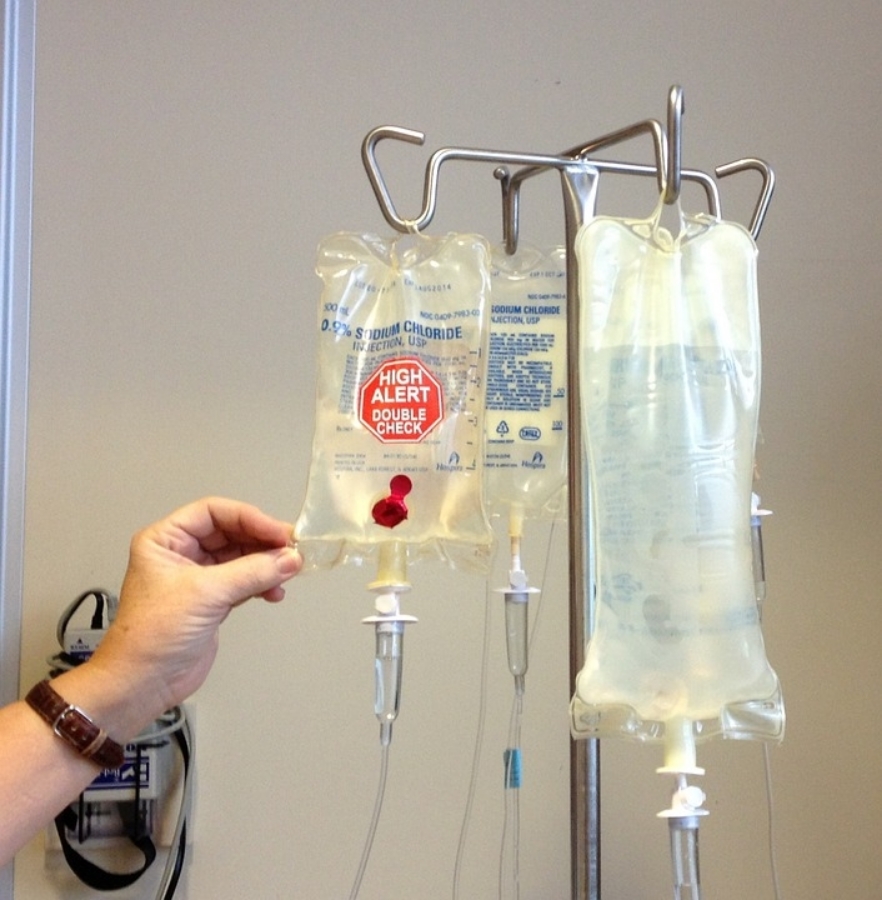
No one expects the unexpected.
Each day of our lives, we run the risk of being struck down by disease, illness or accident. Any one of us could find ourselves in a hospital bed, unable to speak and unaware of our surroundings, clinging to life but facing imminent death.
Yes, I know that's a really depressing way to jump into an article, but I'm trying to make a point. Being prepared is a good thing. We don't like to think about these things, but they do happen.
If you were in a serious car accident and were given little chance of survival, your family would be devastated. Would you not want to spare them as much pain and stress as possible? Of course you would. That's why you should make an Advance Medical Directive.
What is an advance directive?
An advance medical directive (also known as a health care power of attorney, personal directive, or living will) is a document which accomplishes two things.
Firstly, it lets you name someone you trust (such as your spouse, partner, sibling, or good friend) as your attorney-in-fact (also called an agent, surrogate or proxy) who is authorized to make medical decisions for you when you are unable to do so.
Secondly, it allows you to set out your wishes about the extent of medical care you want to receive if you are in a persistent vegetative state (coma) or if you are likely to die from an irreversible condition.
Why is an advance directive important?
The underlying principle of an advance directive is to allow you to exercise your right to decide whether or not you want your life to be prolonged by artificial means, and to instruct your caregivers how much or how little treatment you want them to administer. Because these instructions are written down at a time when you were still able to communicate them, your loved ones and healthcare providers can be sure of your wishes and let those wishes guide their decisions.
You should discuss your healthcare preferences with the person you name as your agent so that he or she knows the circumstances in which you would not want to be resuscitated or kept on life support, whether you would want pain relief or other medications to be administered, and even whether you wish to receive fluids or nutrition intravenously.
An advance directive only becomes effective if you are no longer able to make your own decisions.
If your medical condition is temporary, the directive will cease to be effective as soon as you regain mental capacity. Many states, provinces and countries now recognize the patient's right to refuse life-sustaining treatments and to die with dignity, although some jurisdictions have restrictions on certain decisions that a surrogate can make. For instance, generally your agent cannot make decisions involving abortion or sterilization.
Your spouse, your agent and your doctor should all have a copy of your advance directive. And if you decide to change or revoke your directive, make sure they each have a copy of the changes or the revocation as well.


